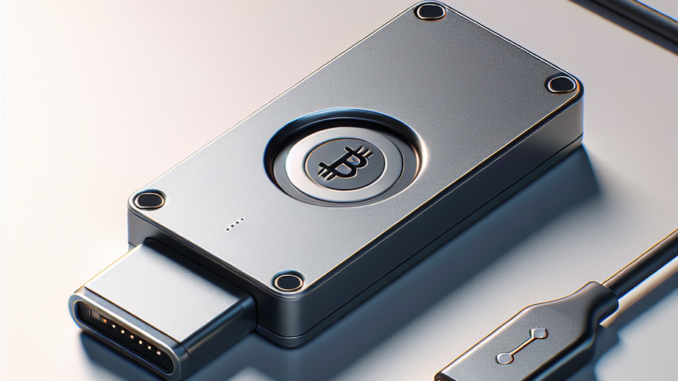
Cryptocurrencies have become popular and changed the financial world by being decentralized. However, this popularity has attracted cybercriminals, increasing the risk of cyberattacks and hacking attempts on these valuable digital assets. Cryptocurrency holders must take preventive measures and stay informed about the latest security trends to protect their investments.
The first step in safeguarding cryptocurrency is using trustworthy exchanges and wallets with a proven track record of security. By choosing reputable platforms, users reduce the risk of falling victim to fraud and hacking. It’s also important to regularly update exchange and wallet software to protect against vulnerabilities that hackers may exploit.
Creating a strong password and enabling two-factor authentication (2FA) adds extra protection to cryptocurrency accounts. A robust password should be unique, complex, and hard to guess. By using a combination of letters, numbers, and special characters, users can significantly reduce the chance of unauthorized access. Additionally, 2FA requires a second verification step, like a code sent to a mobile device, before granting account access.
Phishing attacks are common tactics used by hackers to gain access to cryptocurrency accounts. These attacks involve fraudulent emails or messages that trick users into clicking on harmful links or sharing personal information. Users must be cautious and avoid clicking on suspicious links or providing personal details unless they are sure of the source’s legitimacy. Reputable organizations never ask for passwords or private keys through email or direct messages.
If a cryptocurrency hack occurs, it’s crucial to report the incident to the appropriate authorities. Agencies like the FBI, SEC, or CFTC have task forces dedicated to investigating cryptocurrency-related crimes. Reporting the incident helps catch the culprits and increases the chances of recovering stolen funds.
To reduce the risk of wallet loss or theft, it’s advisable to back up cryptocurrency holdings. Storing digital assets on a USB drive, external hard drive, or in the cloud ensures users have a secure copy in case of unforeseen circumstances. Using cold wallets, which are offline storage devices disconnected from the internet, adds protection against online threats, as hackers cannot remotely access assets.
Private keys are like passwords for cryptocurrency assets. It’s crucial to keep private keys secure and never share them with anyone, including friends and family. By protecting private keys, users maintain control over their digital assets and minimize the risk of unauthorized access. Consider using hardware wallets, which securely store private keys offline, for enhanced security.
Cryptocurrency prices are volatile, so patience and a long-term perspective are necessary. Short-term market movements should not drive impulsive decisions. Being patient and allowing the market to stabilize increases the chances of potential gains and protects against unnecessary losses. Cryptocurrency investment should be viewed as a long-term strategy, not a get-rich-quick scheme.
Awareness of different types of cryptocurrency scams is crucial in protecting digital assets. Scammers use fake ICOs, Ponzi schemes, and pyramid schemes to deceive investors. Staying informed and educating oneself about these fraudulent activities helps users avoid falling victim to them. Thoroughly research projects, look for credible reviews, and seek advice from trusted sources before making financial decisions.
Regulatory bodies like the SEC and CFTC oversee cryptocurrency exchanges and companies offering related financial products and services. Cryptocurrency investors should understand the regulatory landscape and only engage with platforms that comply with relevant regulations. This ensures a higher level of security and transparency within the cryptocurrency ecosystem, reducing the risk of fraud.
In conclusion, safeguarding cryptocurrency from hackers requires a proactive approach and diligent security practices. By implementing preventive measures like using reputable exchanges and wallets, creating strong passwords, enabling 2FA, and staying informed about the latest security trends, users can protect their digital assets from potential threats. Being vigilant and proactive is key to securing cryptocurrency in this evolving digital landscape.

Be the first to comment